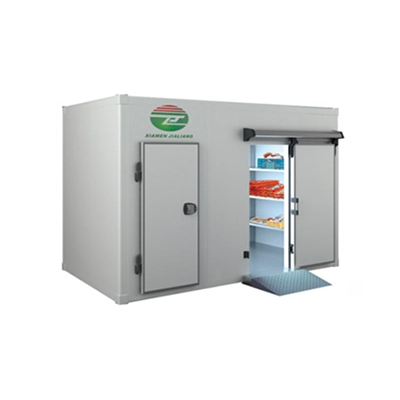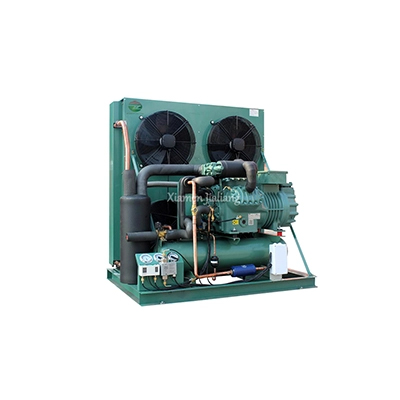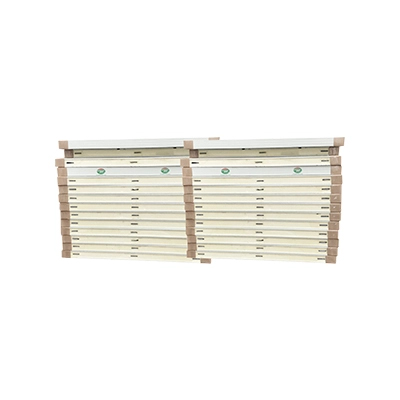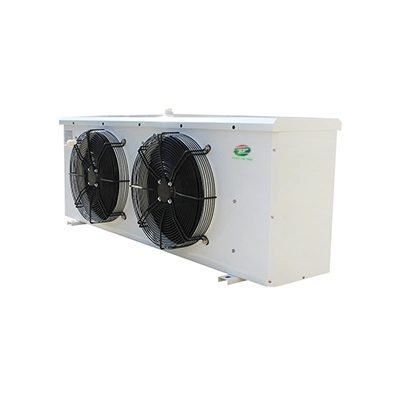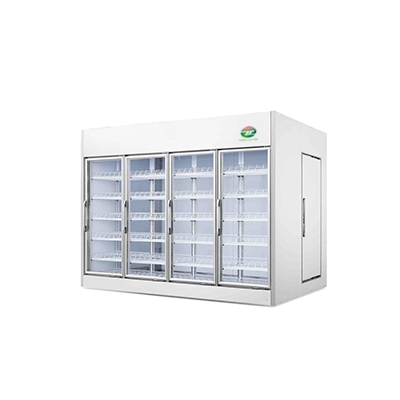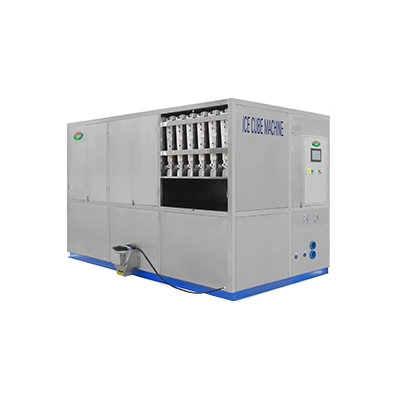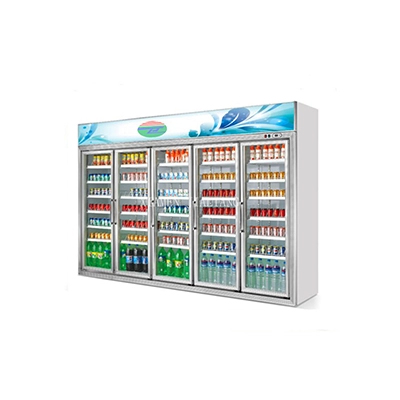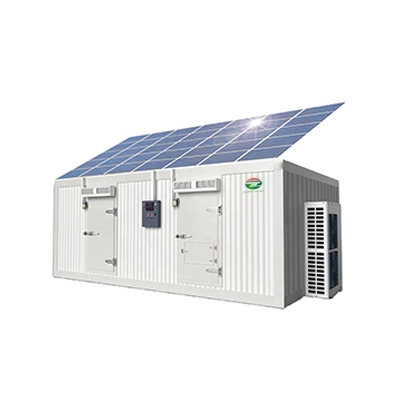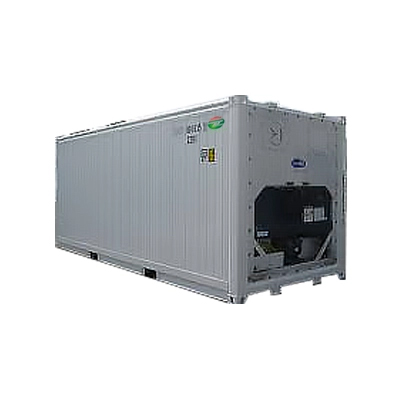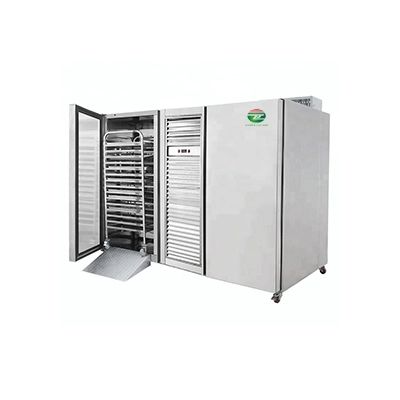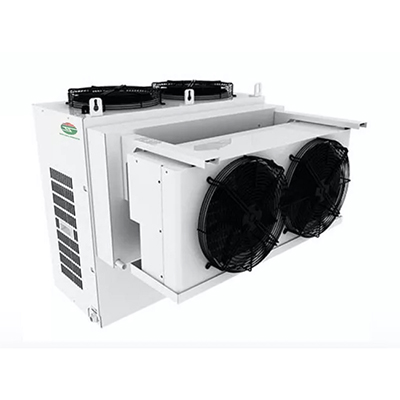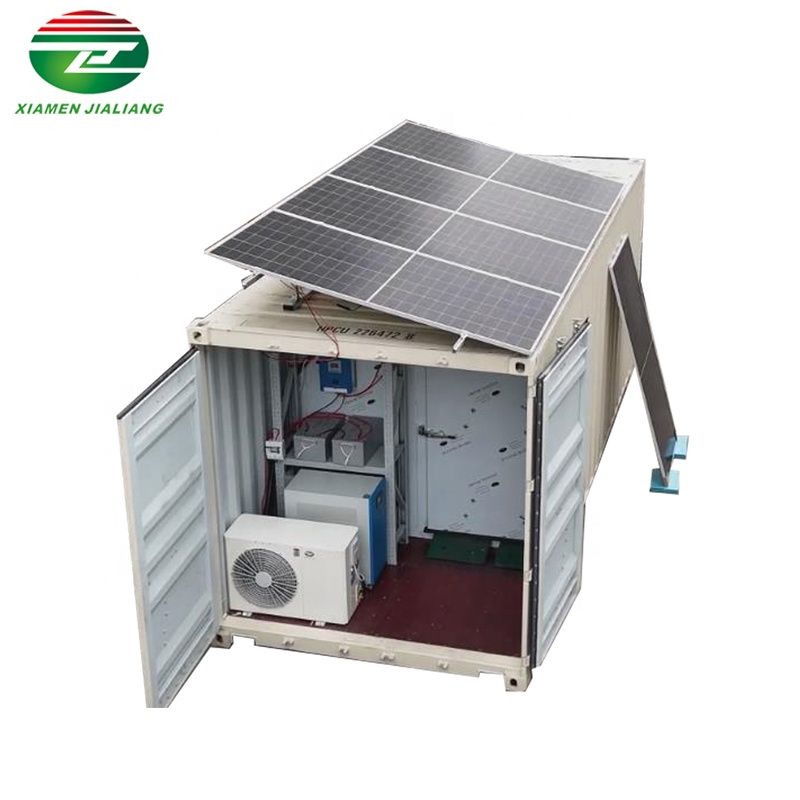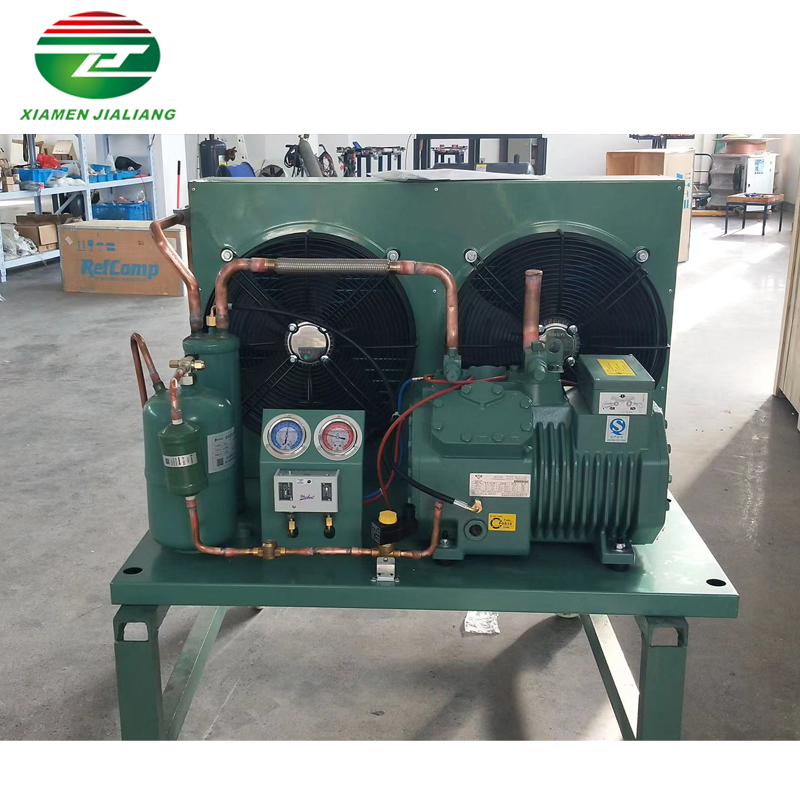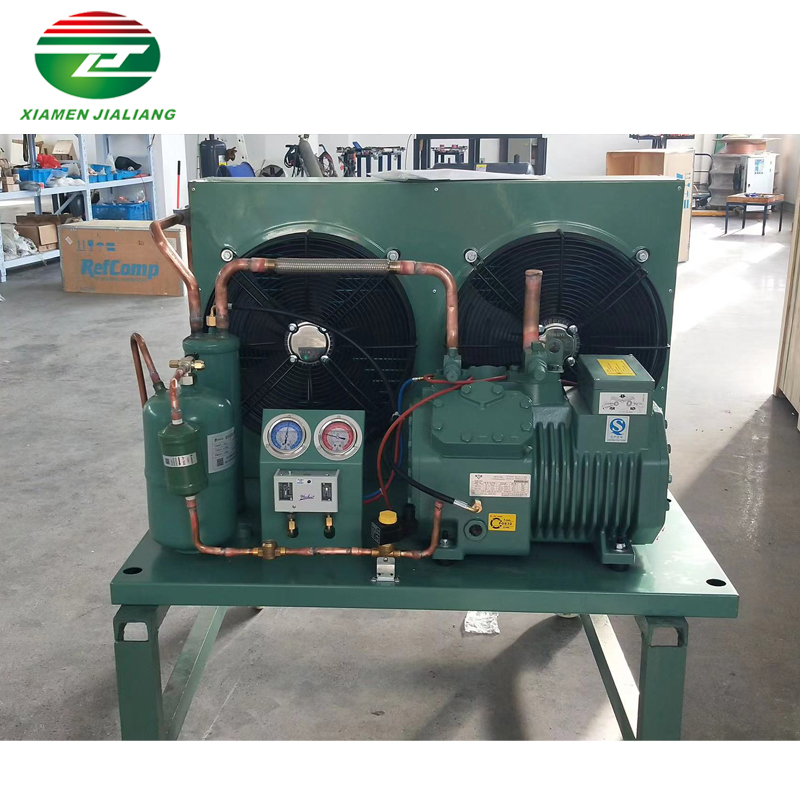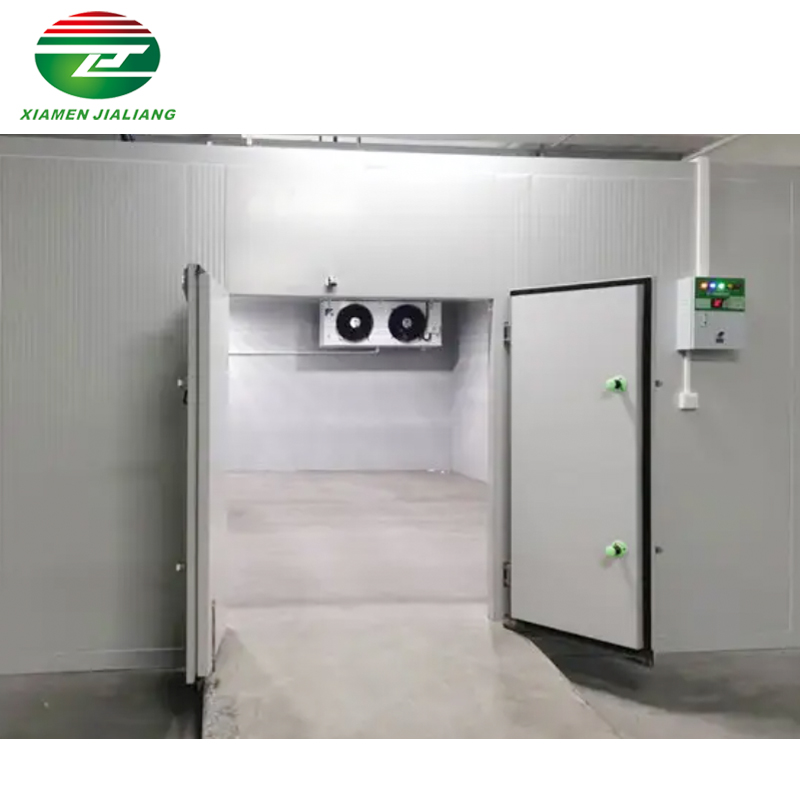Are solar cold room good?
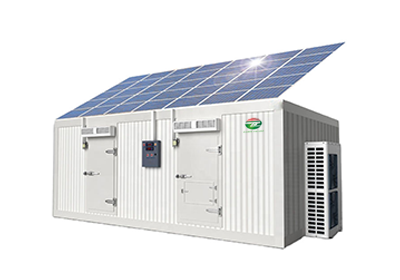
Solar powered cold rooms have gained a lot of attention in recent years as businesses and organizations seek sustainable and energy-efficient solutions. The benefits of solar powered cold rooms are numerous, making them an attractive option for a variety of industries. These innovative storage facilities utilize solar energy to power cooling systems, reducing reliance on traditional sources of electricity and reducing operating costs.
One of the main benefits of solar powered cold rooms is that they are environmentally friendly. By harnessing the power of the sun, these rooms help reduce carbon emissions and minimize negative impacts on the environment. This makes them ideal for businesses seeking to adopt green practices and contribute to a more sustainable future. Additionally, solar powered cold rooms provide a reliable and uninterrupted cooling system, ensuring that perishable goods are stored at the desired temperature even during power outages or energy shortages.
However, before implementing solar powered cold rooms, there are a few factors that need to be considered. Factors such as location, available sunlight, and storage requirements play a vital role in determining the feasibility and effectiveness of solar powered cold rooms. Sufficient space for solar panels, proper insulation, and an efficient cooling system are essential to maximize the benefits of these rooms.
In this article, we’ll take a closer look at the benefits of solar powered cold rooms, exploring how they can help businesses save costs, reduce their carbon footprint, and enhance their overall sustainability efforts. We’ll also discuss key considerations that organizations should keep in mind before implementing solar powered cold rooms, providing valuable insights to help make an informed decision.
Benefits of Solar Powered Cold Rooms
Solar cold rooms offer numerous benefits to businesses across a variety of industries. These innovative and energy-efficient solutions offer an environmentally friendly and cost-effective way to store and preserve perishable goods.
One of the main advantages of solar powered cold rooms is their ability to operate off-grid. Unlike traditional cold rooms that rely on the electrical grid, solar powered cold rooms utilize solar panels to generate electricity. This not only reduces reliance on fossil fuels, but also eliminates the need for expensive electrical installations. Businesses located in remote areas or in areas with unreliable electricity supply can greatly benefit from this off-grid capability.
Another benefit of solar powered cold rooms is their energy efficiency. These systems are designed to optimize energy consumption, reducing operating costs and carbon footprint. The use of advanced insulation materials, efficient cooling systems, and temperature control technologies ensures that the cold room maintains the desired temperature without consuming excessive energy. This energy efficiency can save businesses a lot of money in the long run.
Solar cold rooms also offer superior temperature control and product preservation. Maintaining the right temperature is essential to ensure the quality and safety of perishable goods such as food, medicines and flowers. Solar cold rooms offer precise temperature control, allowing businesses to store products in optimal conditions. This helps extend the shelf life of perishable goods, minimize product damage and reduce financial losses.
In addition, solar cold rooms contribute to environmental sustainability. By harnessing the power of the sun, businesses can significantly reduce their carbon footprint and contribute to the fight against climate change. Using renewable energy helps reduce greenhouse gas emissions associated with traditional cold room operations. This not only benefits the environment, but also enhances a business’ reputation for being socially responsible and environmentally conscious.
Considerations Before Implementing a Solar Cold Room
When it comes to implementing a solar cold room, there are several important considerations to keep in mind. These specialized rooms are designed to provide refrigeration and storage solutions powered by solar energy. By harnessing the power of the sun, these cold rooms offer a sustainable and cost-effective alternative to traditional refrigeration methods. However, before deciding to invest in a solar cold room, there are several key factors to consider.
First, it’s vital to assess the specific needs of your business or organization. Solar cold room products come in different sizes and capacities, so it is important to evaluate the volume and temperature requirements of the products that need to be stored. This will help determine the right size and specifications for the cold room, ensuring it meets your specific needs.
Another consideration is the location of the solar cold room. Ideally, the cold room should be located in an area that receives ample sunlight throughout the day. This will ensure that the solar panels are able to generate enough energy to power the cold room efficiently. Additionally, the location should be easy to load and unload products.
Additionally, it is crucial to evaluate the initial costs and long-term savings of implementing a solar cold room. While the upfront investment may be higher than traditional cold rooms, the long-term energy cost savings can be significant. Solar cold rooms require minimal maintenance and have low operating costs, making them an attractive option for businesses looking to reduce their carbon footprint and save money on energy bills.
Additionally, it is important to consider the environmental benefits of solar cold rooms. By utilizing renewable energy, these cold rooms help reduce greenhouse gas emissions and dependence on fossil fuels. This not only contributes to a greener, more sustainable future, but it also enhances the reputation and brand image of businesses that are committed to environmental responsibility.
Conclusion
Solar cold rooms are an efficient and sustainable solution for businesses that require refrigeration. These systems offer benefits such as off-grid operation, energy efficiency, precise temperature control, and environmental sustainability. By investing in solar cold rooms, businesses can improve operational efficiency and contribute to a greener future. However, implementing these rooms requires careful consideration of factors such as specific needs, location, cost, and environmental impact. By evaluating these aspects, businesses can make informed decisions and leverage the benefits of solar energy for their cooling and storage needs. Solar cold rooms are a compelling solution for businesses looking to adopt renewable energy and reduce their environmental footprint.

